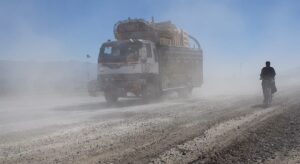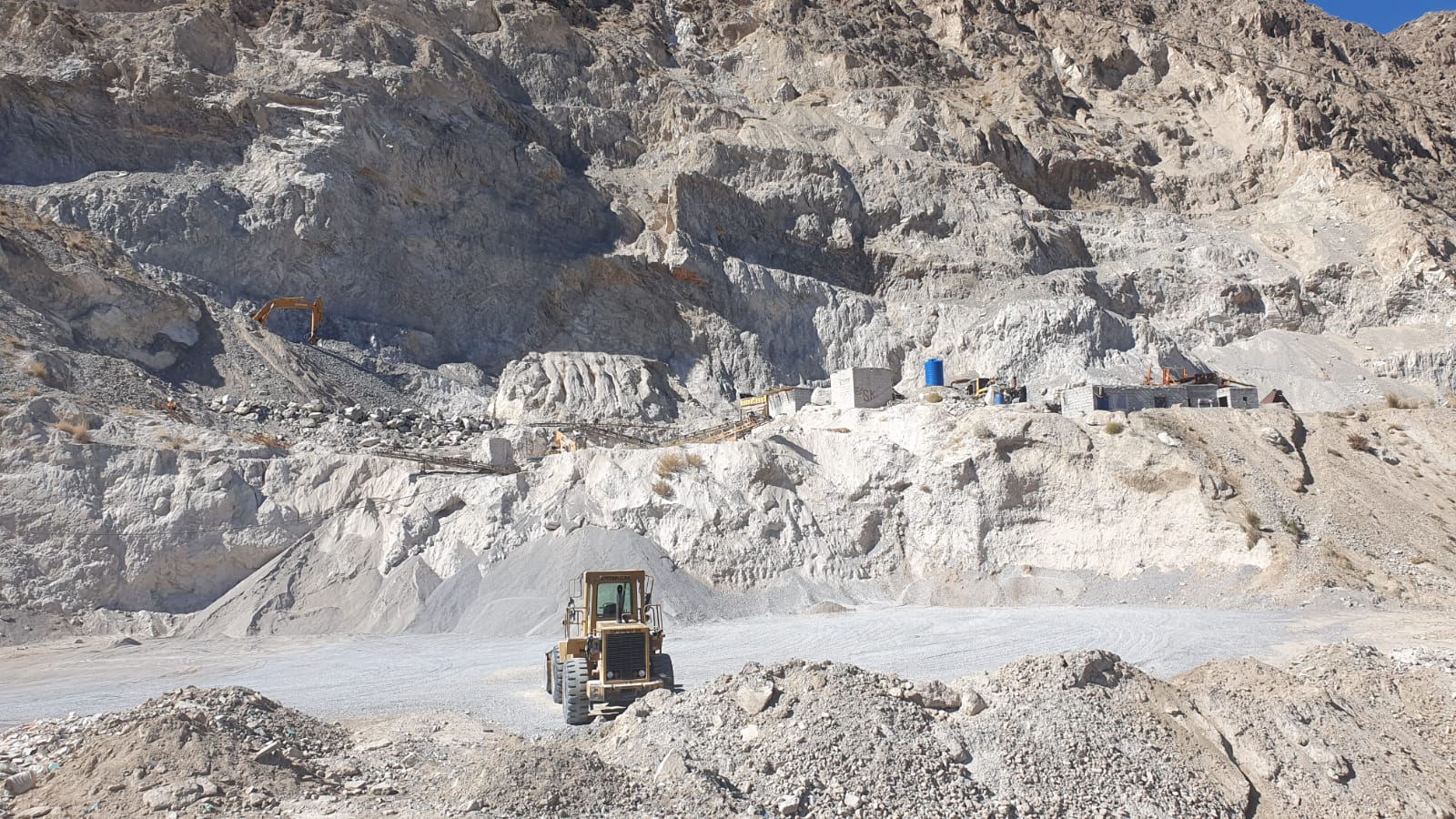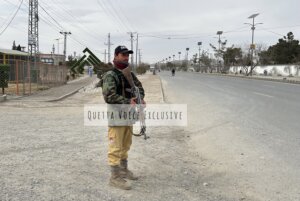Syed Ali Shah:
QUETTA: The proximity of crushing plants operating on the outskirts of the provincial capital poses a serious threat to human life. Crushing plants near the city continue to release toxic chemicals, causing air and water pollution, and adversely impacting respiratory health and ecosystems.
“These toxic chemicals cause respiratory and allergy diseases”, Dr. Shireen Khan, a well-known chest physician told Daily Quetta Voice. Mr. Khan said respiratory and allergy diseases were rampant because of the crash plants releasing toxic chemicals on the outskirts of Quetta.
Over 40 crushing plants have been operating on the outskirts of the provincial capital. The concerned quarters have not been able to shut down crushing plants posing a serious threat to human life despite repeated appeals by citizens.

“The owners of plants are influential people”, a senior officer in the Balochistan Environment Department said. He requested anonymity because of the sensitivity of the matter.
Plants Pose Serious Threat To Ecosystem Also
Environmentalists term crash plants extremely dangerous for the ecosystem and human lives.
“For human lives, these plants are hazardous and they must be sealed”, Faiz Kakar, the former Balochistan health minister, and environmentalist said. “Enough is enough, there has to be a practical action”, Mr. Kakar said.
Sealing of these stone-crushing plants has been one of the longstanding demands of citizens of Quetta. However, masses have also urged upon the authorities to make sure of the provision of alternative locations for stone crushing plants since the employment of thousands of people was linked with it






